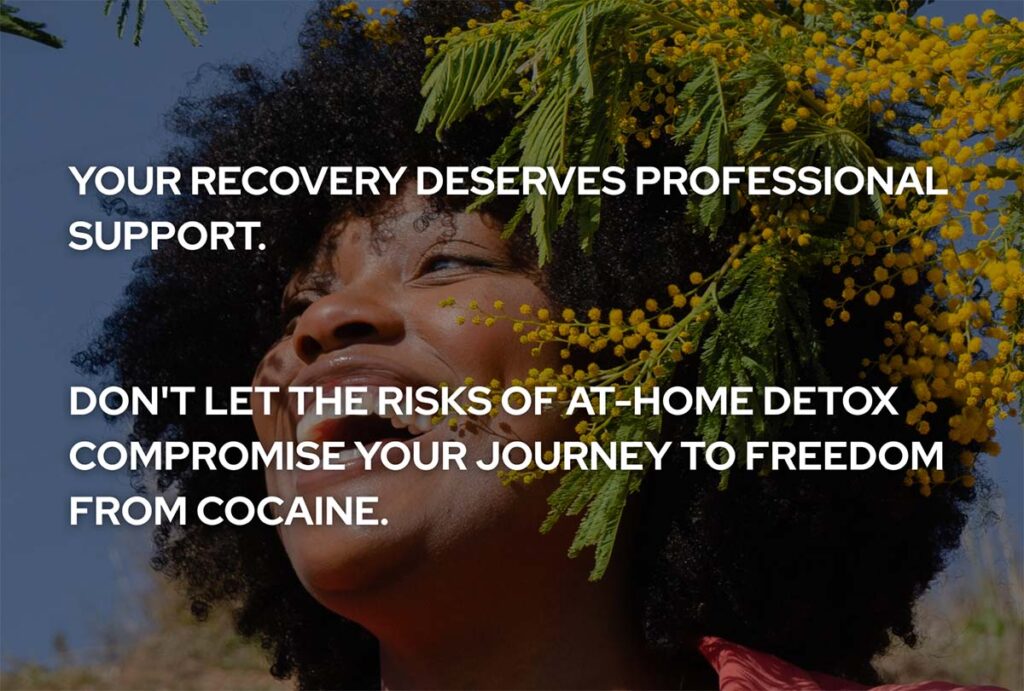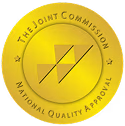To detox from cocaine safely, seek professional support through a medical detox program. Cocaine detox addresses both physical and psychological symptoms and typically lasts 5 to 10 days. Structured treatment improves comfort and reduces the risk of relapse.
What Is Cocaine Detox?
Cocaine detox is the initial stage of recovery, focusing on eliminating the drug from your system while managing withdrawal symptoms. Unlike some substances, cocaine withdrawal is primarily psychological but can still cause intense cravings and mood disturbances.
Common Withdrawal Symptoms
During detox, individuals may experience:
- Intense cravings
- Fatigue and sleep disturbances
- Depression and anxiety
- Irritability and restlessness
- Difficulty concentrating
These symptoms often peak within the first few days and gradually subside.
Cocaine Detox Timeline
Days 1–3: Initial Crash
- Symptoms begin within hours of last use
- Fatigue, irritability, and depressed mood are common
Days 4–7: Peak Symptoms
- Cravings intensify
- Mood swings, anxiety, and difficulty sleeping may occur
Days 8–10+: Recovery Phase
- Symptoms gradually improve
- Cravings may persist but lessen over time
Why Supervised Detox Is Safer
Detoxing with professional help offers:
- Emotional support: Therapists assist in managing mood swings and psychological stress
- Medical supervision: Staff can monitor vital signs and respond to emergencies
- Structured environment: Reduces exposure to triggers and temptation
Enroll in a certified cocaine detox program to start your recovery safely and effectively.
Risks of Detoxing at Home

Attempting to detox from cocaine without professional support can lead to:
- Unmanaged mental health symptoms
- Increased risk of relapse and overdose
- Isolation and lack of accountability
What to Expect from a Cocaine Detox Program
A comprehensive detox program may include:
- Initial assessment: Evaluating drug use history, mental health, and physical condition
- Therapeutic support: Individual counseling and group therapy
- Relapse prevention planning: Identifying triggers and developing coping strategies
After Detox: Continuing the Recovery Journey
Detox is just the first step. Sustained recovery requires ongoing care:
- Inpatient or outpatient rehab
- Cognitive behavioral therapy (CBT)
- Support groups like Narcotics Anonymous (NA)
- Routine follow-up and aftercare plans
Find support and structure through a rehab center committed to long-term recovery success.
Final Thoughts
Cocaine detox is most effective when approached with professional guidance and comprehensive support. Detoxing safely is not just about stopping drug use—it’s about setting the foundation for a healthy, lasting recovery. If you or someone you love is ready to take the first step, reach out to a qualified provider today.





.png)
